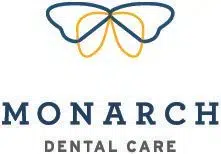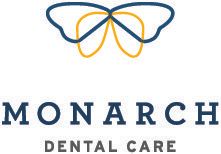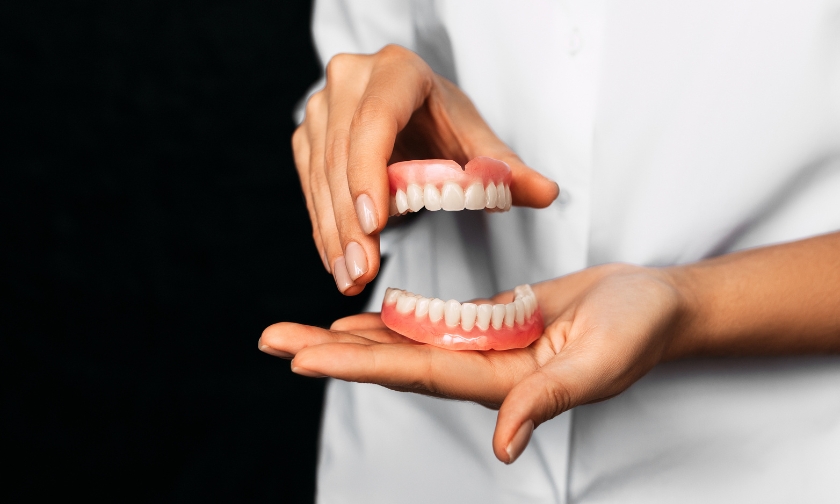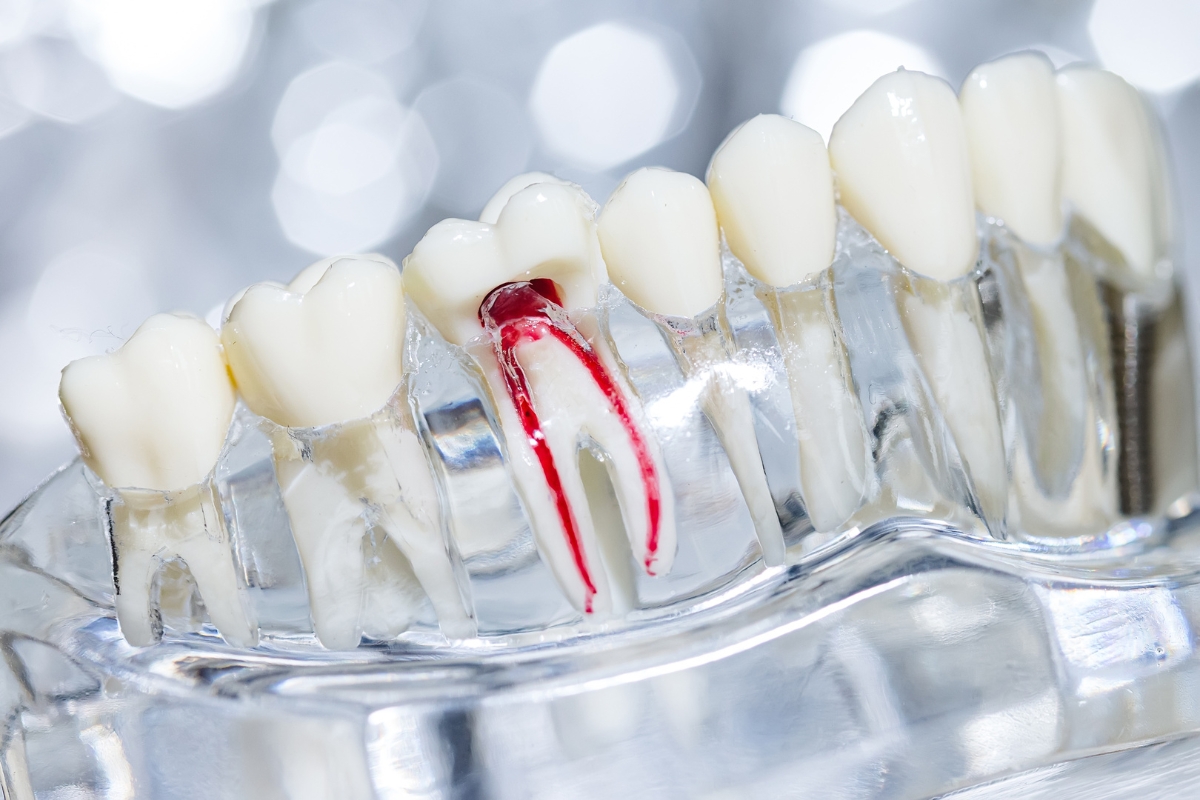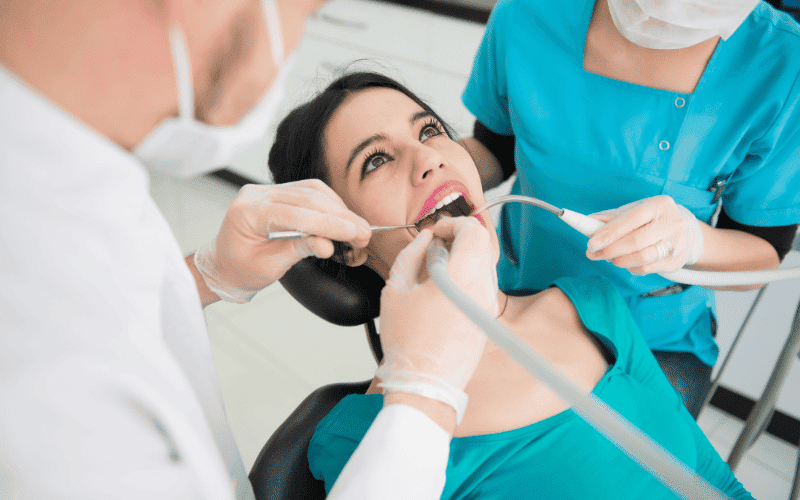
The age-old question of how often dental cleanings are necessary has puzzled many. While the traditional recommendation of twice-yearly visits has been the norm, recent studies and evolving dental practices suggest that this might not be a one-size-fits-all approach. While a lot of individuals are unsure about how often they should have a professional cleaning at the dentist, being aware of the factors that could affect the recommended frequency of dental cleanings will help you maintain an active dental care regimen.
This post will discuss the value of routine dental cleanings, general recommendations for how often to get them, and particular factors that may have an impact on your own cleaning plan.
Factors Affect Cleaning Frequency
Several factors influence the ideal frequency of dental cleanings:
- Oral Hygiene: Individuals with meticulous oral hygiene habits, including regular brushing, flossing, and using mouthwash, may require less frequent cleanings. Those who are diligent about maintaining their oral health at home can effectively minimize plaque and tartar buildup, reducing the need for professional intervention.
Brushing at least twice a day with fluoride toothpaste helps remove food particles and plaque from the tooth surfaces while flossing daily ensures that the areas between teeth and along the gumline are kept clean and free of debris. Additionally, using an antimicrobial mouthwash can further reduce bacteria levels in the mouth, preventing the onset of gum disease and cavities.
- Gum Health: People with gum disease or a history of periodontal issues often benefit from more frequent dental cleanings in Prairie Village to monitor and manage the condition. Even those with a history of periodontal issues but who have achieved a stable state of oral health can benefit from more frequent visits. This proactive approach helps to catch any early signs of recurrence, allowing for timely intervention.
- Dental History: Those with a history of cavities, tooth decay, or other dental problems may need more frequent checkups and cleanings. These past issues indicate a higher susceptibility to dental problems, necessitating closer monitoring and more regular professional care. Cavities and tooth decay, for instance, can recur or spread if not managed properly, making it essential to catch any new problems early.
- Lifestyle Factors: Factors like smoking, diet, and certain medications can impact oral health and cleaning frequency.
The Importance of Regular Dental Checkups
Even if you practice excellent oral hygiene, regular dental checkups are crucial. Dental professionals can detect early signs of oral health issues that might go unnoticed. They can also provide professional cleanings, removing plaque and tartar buildup that can contribute to cavities and gum disease.
When To Consider More Frequent Cleanings?
While six-month dental cleanings in Prairie Village remain a standard recommendation, certain individuals may benefit from more frequent visits:
- Individuals with gum disease: Regular cleanings help manage and prevent the progression of gum disease.
- Patients with orthodontic appliances: Braces or retainers can harbor plaque and tartar, necessitating more frequent cleanings.
- People with dry mouth: Reduced saliva flow can increase the risk of tooth decay, making more frequent cleanings advisable.
- Individuals with certain medical conditions: Conditions like diabetes and heart disease can impact oral health, often requiring closer dental monitoring.
The decision of how often one should get a dental cleaning is paramount to maintaining optimal oral health. Ignoring this crucial aspect of self-care can lead to a host of issues that not only affect the teeth and gums but also have wider implications for overall well-being. Therefore, it is imperative that individuals prioritize regular dental cleanings, typically recommended every six months by professionals in the field.
These appointments not only ensure proper plaque and tartar removal but also allow for early detection of possible issues including dental cavities, periodontal disease, or even cancer of the mouth. By committing to biannual cleanings, individuals can dramatically improve their chances of avoiding more severe dental issues down the line and ultimately safeguarding their smile for years to come. The first step in having excellent dental health is proactive and consistent care – let us not underestimate its importance.
The optimal frequency of dental cleanings in Prairie Village is a personalized decision based on individual oral health needs. While twice-yearly cleanings are a good starting point, speaking with your dentist is necessary to ascertain the ideal schedule for maintaining optimal oral health. Remember, dental checkups and cleanings are vital components of a comprehensive oral care routine. By establishing a consistent dental care regimen while collaborating closely with your dentist, you can take advantage of a lifetime of healthy smiles.
Trending FAQs On Dental Cleanings!
1. How often should I schedule dental cleanings?
The ideal frequency of dental cleanings varies from person to person. While the traditional recommendation is every six months, factors like oral hygiene habits, gum health, dental history, and lifestyle can influence this. It’s best to consult with your dentist to determine the optimal cleaning schedule for your specific needs.
2. Are twice-yearly dental cleanings always necessary?
Not necessarily. Individuals with excellent oral hygiene, no history of gum disease, and no other dental concerns might be able to keep your teeth healthy with fewer cleanings. However, regular dental checkups are still essential for early detection of potential issues.
3. Who might need more frequent dental cleanings?
Individuals with gum disease, orthodontic appliances, dry mouth, or certain medical conditions often benefit from more frequent dental cleanings in Prairie Village. These cleanings help manage oral health concerns and prevent complications.
4. What happens during a dental cleaning?
Dental cleanings involve a professional cleaning of your teeth to remove plaque and tartar buildup. Additionally, your hygienist or dentist will check your dental health, looking for indications of gum disease, cavities, or any issues.
5. Can I prevent the need for frequent dental cleanings?
Brushing, flossing & regular mouthwash help prevent tartar & plaque buildup, reducing dental cleaning needs. Professional cleanings and routine dental exams are still essential for maintaining optimal oral health.
